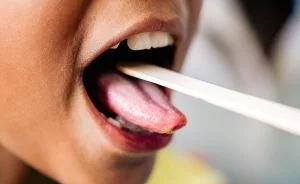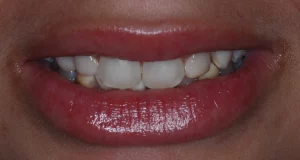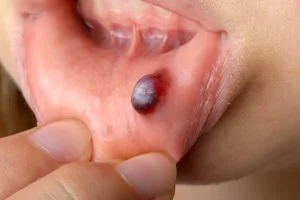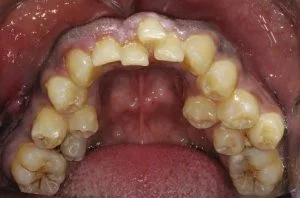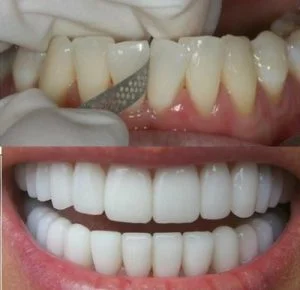Soft Tissue Injuries
What are soft tissue injuries?
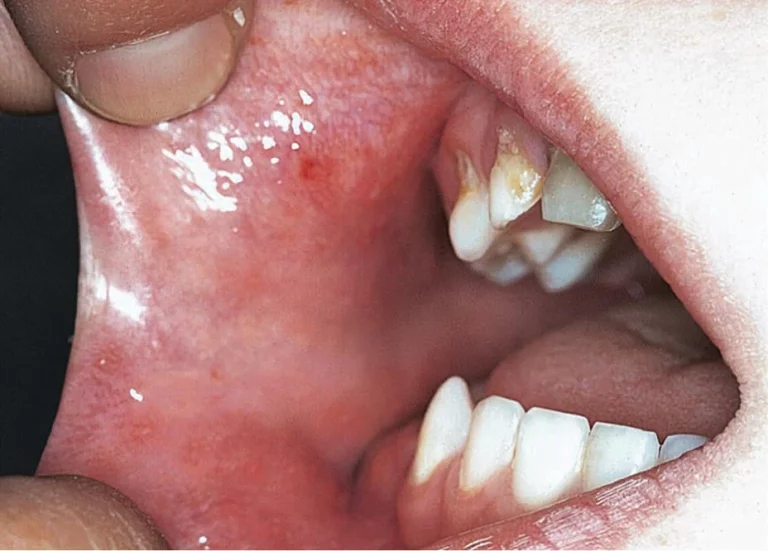
Specifying which are the soft tissues of the mouth, the oral cavity, is essential to address the different aspects related to the injuries that affect them and, therefore, alter oral health.
Soft tissues are those that surround the teeth: the gums, lips, cheeks, tongue, and palate. These tissues are delicate and can be easily altered.
Frequent causes of soft tissue injuries
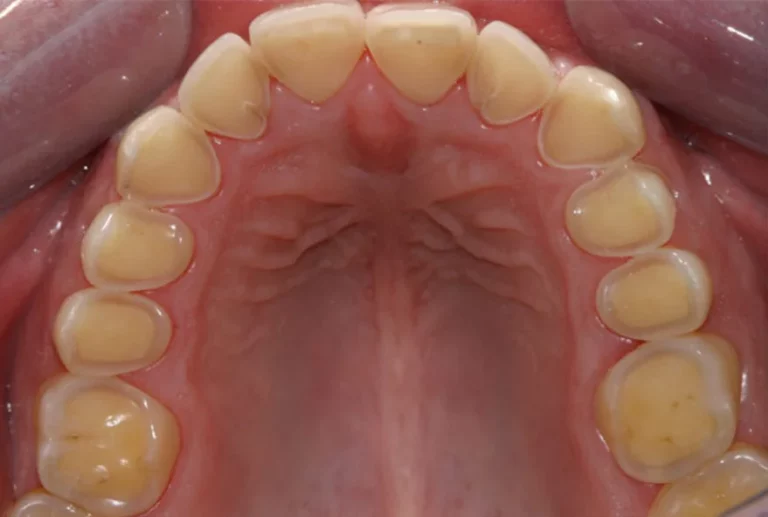
Soft tissue injuries impact many people and can be the result of a variety of factors.
One of the most common causes of soft tissue injuries is inadequate oral hygiene. When teeth and gums are not brushed regularly, bacteria can build up in the mouth, which can lead to gum inflammation and ulcer formation.
Other causes of soft tissue injuries are tooth decay, the use of poorly fitting dentures or piercings, and trauma in general.
Most frequent soft tissue injuries and their symptoms.
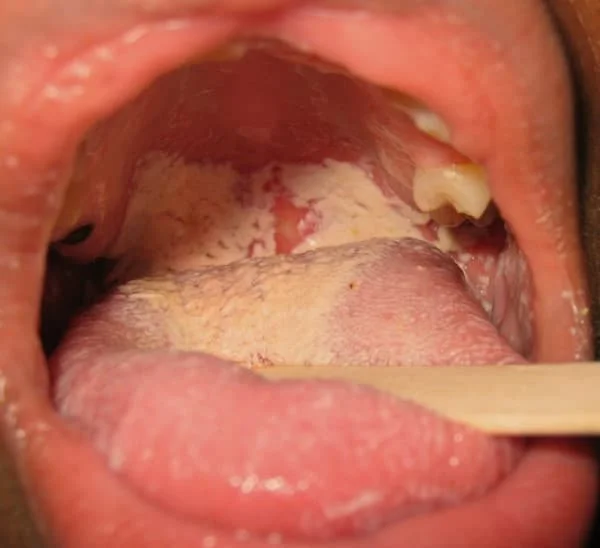
The most recurrent lesions in soft tissues are canker sores (popularly known as sores), cold sores, leukoplakia, and candidiasis.
Symptoms vary depending on the severity of the injury. They may include pain, swelling, discomfort in speaking or consuming food/drinks, redness, bleeding, and ulcers.
In more serious cases, injuries can cause tooth loss and damage the bone that supports the teeth.

19 Natural Antibiotics to Ward Off Any Dental Infection
Sign up to receive daily email dentist tips and challenges, as well as our comprehensive Better smile Guidebook.
Treatment of soft tissue injuries.

Treatment of soft tissue injuries depends on the underlying cause and severity. In mild cases, treatment may prescribe the application of a topical cream to reduce inflammation and pain, as well as a bland diet to allow the lesion to heal. In more serious diagnoses, prescription antibiotics and pain relievers may be necessary to reduce inflammation and prevent infection.
Prevention and home remedies for soft tissue injuries.

To prevent soft tissue injuries, it is important to maintain good oral hygiene (brushing and flossing), avoid sugary foods and drinks, as well as see your dentist regularly for checkups and cleanings that may be needed. It is also essential to ensure that dentures or piercings fit properly.
In addition to oral hygiene, it is significant to avoid certain habits that can cause soft tissue injuries, such as nail-biting, lip or cheek biting, and wearing mouth piercings.
To alleviate discomfort and pain, you can resort to some home remedies:
- The application of cold compresses can help reduce inflammation and pain.
- Rinsing with a saltwater solution reduces irritation and prevents infection.
These home remedies are not a permanent solution; if symptoms persist or worsen, medical attention should be sought.
Conclusion
Prevention and timely care: key to good oral health.
Soft tissue injuries can be painful and uncomfortable. If symptoms are experienced, dental care should be sought to avoid complications and facilitate a quick recovery.
Prevention is the key to maintaining a healthy mouth and avoiding future injuries and illnesses.
Our directory of oral health professionals is a tool that allows you to find the dental service you require, with the quality and expertise that guarantees a good oral health condition. Check it out.

19 Natural Antibiotics to Ward Off Any Dental Infection
Sign up to receive daily email dentist tips and challenges, as well as our comprehensive Better smile Guidebook.
Our Doctor
Meet Doctor

19 Natural Antibiotics to Ward Off Any Dental Infection
Sign up to receive daily email dentist tips and challenges, as well as our comprehensive Better smile Guidebook.




